On August 9, 2014, 18-year-old Michael Brown was shot and killed by Ferguson police officer Darren Wilson. The effects of that shooting and its aftermath are still being felt today, three years later. I had been hosting the “Q With A View” podcast on FTRRadio since January of that year and, given the proximity of the shooting and the shockwaves it sent through my community, covered the story at length. Eventually, that coverage evolved into a radio documentary/special we aired in December 2014. Following is a (minimally updated) piece I wrote at the time, and the accompanying link to the special which was a labor of love — one which had a profound effect on me. I hope you’ll give it a listen:
“Where were you when….?” The special we first aired on FTRRadio in December 2014, starts out with that question. Four-and-a-half months prior, when news of the Michael Brown shooting broke, I was returning from a typical Saturday afternoon at the soccer park, with zero realization that this would become one of those moments. It’s always disturbing to hear of a young person’s death, but sadly, not so uncommon as to seem like one of those time-standing-still moments that become fixed in one’s memory like a historical north star. Even the fact that Brown’s death came at the hands of police didn’t immediately signal to me that we’d still be talking about it as 2014 drew to a close — much less, three years later. Nor did I foresee then that the north county neighborhood I’d always thought of as simply an older, blue-collar, racially diverse suburb would soon become a sociological Rorschach with a different meaning to each, and a hashtag with a life of its own.
When a vigil the following day gave way to a protest, and later to looting and rioting, I watched and shook my head in disbelief at the destructive forces I was witnessing. I recognized the tire store whose windows were smashed out; the parking lots from which several local newscasters were reporting. Ferguson isn’t my home town, but it’s an integral part of the St. Louis fabric, and near enough to home that seeing violence and chaos erupt on its streets rattled me in a way most news stories don’t — not in fear for my own safety, but in sadness for my community.
As the days wore on and competing narratives unfurled, it was tempting to choose a “side.” Sometimes, as new evidence came to light, and emotionally persuasive arguments were hashed out, it was hard not to, but I kept reminding myself — I wasn’t there, and I don’t know exactly what happened. Just as people who’ve never been to St. Louis or Ferguson don’t know our community. Early on, I bristled when I saw Ferguson referred to as “Selma.” But then, I also had to acknowledge that there were problems and tensions present from which I’d previously remained somewhat shielded. I started looking a little closer, listening a little longer.
When I heard a rapper named Daywalker call into the Allman in the Morning (radio) Show and relate to the host, Jamie Allman, not only his experience as a protestor, but also his hope and vision that somehow Ferguson could become an opportunity for rebuilding, rather than just a tragedy, I was intrigued. On a whim, I contacted Jamie and asked if he’d be willing to put me in touch with Daywalker — I thought it might be interesting to have him on my show as a guest. Jamie very graciously did so, and soon, what began as a one time interview turned into a regular segment on my show, featuring Daywalker as our “Northside Correspondent.”
I quickly learned that Daywalker was bursting not only with energy but also with ideas. When he suggested that we sit down with his Rabbi, Susan Talve, to interview her regarding her role as a clergy member who’d been part of the protests, I was unsure. I knew it would be interesting to speak with her, but I was uncertain as to how we might incorporate that into the show — doubly so when what I’d expected to be a 15 or 20-minute interview turned into 45 minutes. The thought occurred to me that we might want to go a slightly different direction.
When Daywalker followed that up with the suggestion we speak with St. Louis County Police Department Spokesman Sergeant Brian Schellman, the idea for a stand-alone special on Ferguson began to take shape. Ultimately, we spoke with Sgt. Schellman and another officer from one of the North County municipal police departments. We also met with Jamie Allman to get his take on the media coverage regarding Ferguson. Then, too, I took the opportunity to interview Daywalker himself — after all, he lived in the community, and it was his passion that set us on this journey. I’m not sure what exactly I was expecting, but I was pleasantly surprised by the willingness of all of our guests to speak with us, and so openly. I felt like we ended up with some very frank and fascinating discussions, rather than canned, cautious responses.
What my co-host, Jason Dibler, then did to piece them all together and incorporate some of Daywalker’s music, is nothing short of amazing, in my view. In the end, I believe we’ve managed to put together a very honest and compelling look at Ferguson, and what it’s meant to protestors, police, members of the media, and the community.
For my own part, it’s taught me that each one of us has a story and that if you give them a chance, most people will share theirs with you. Sometimes, all it takes is asking a question or two. Sometimes, all it takes is really looking another in the eye and acknowledging them as an individual, as someone who matters.
Since we completed our interviews, the story of Ferguson — and the larger stories of police and the communities they serve and of race relations as a whole — have continued to unfold. From the non-indictment in the Eric Garner case to demonstrations turned into riots, to the assassination of Officers Ramos and Liu, it seems like Ferguson has become the pulled thread in an ever unraveling societal fabric. Which is why the question, “Where do we go from here?” seems such a fitting way to close out the special.
Where do we go, indeed? I can’t say that I know for certain, but I feel like I have an idea: It starts, I believe, with remembering our humanity.
Q With A View Special – Ferguson
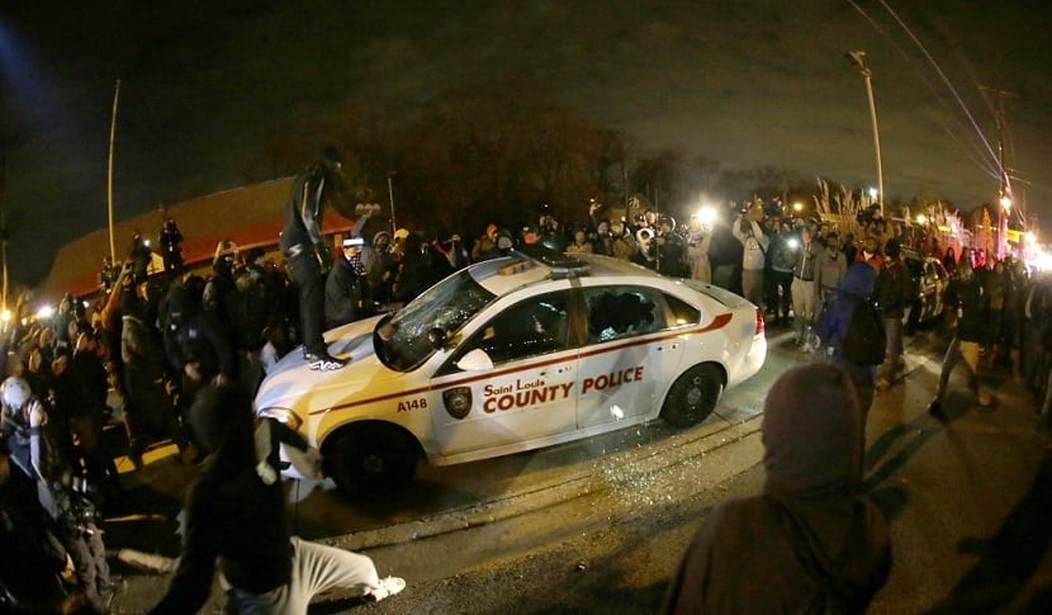
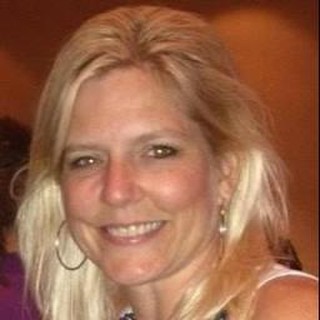
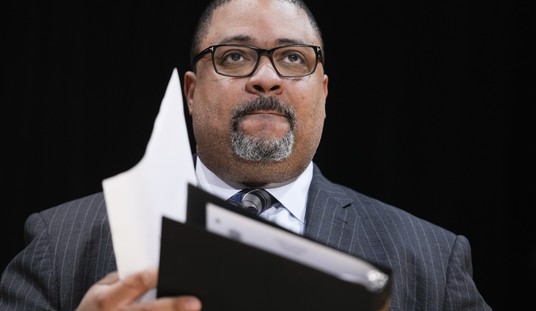
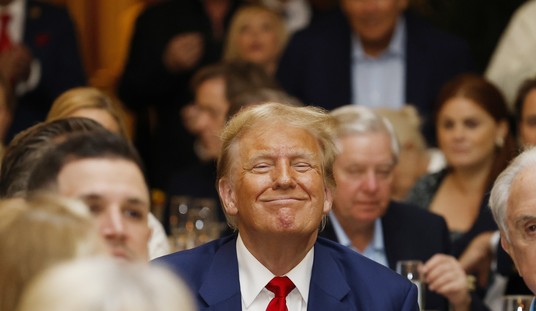
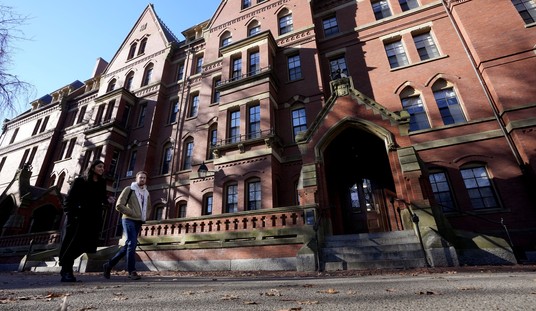
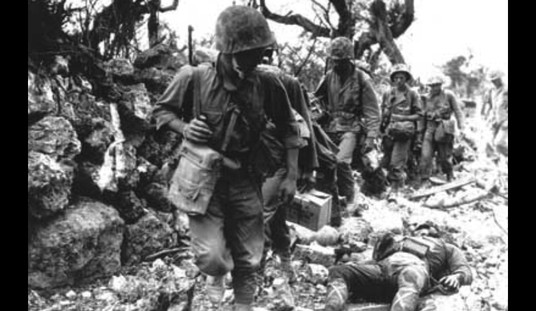

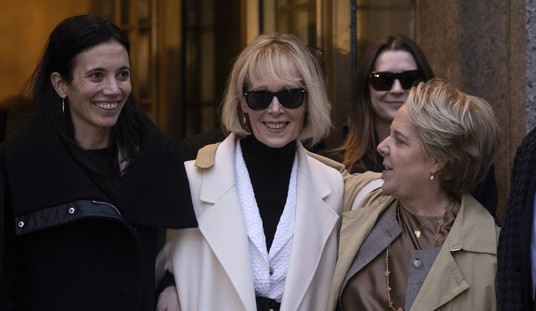
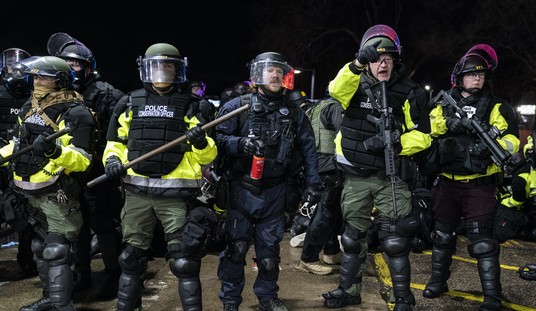

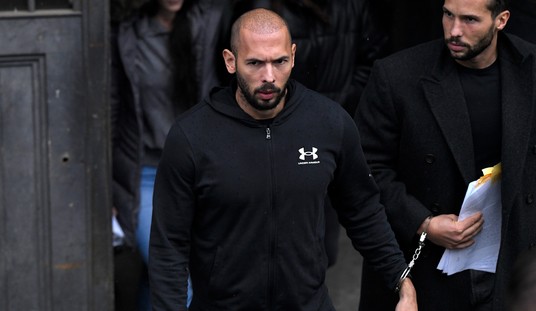
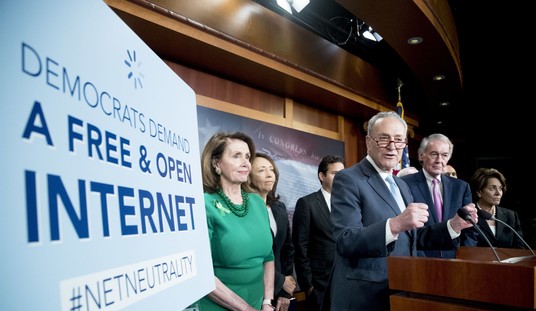
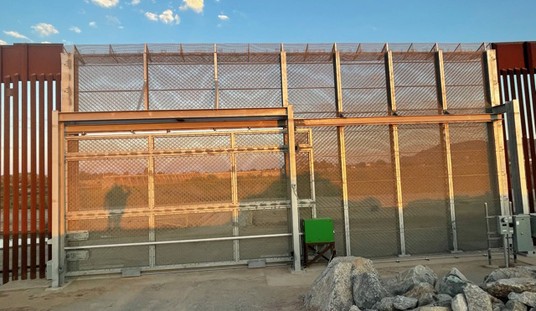
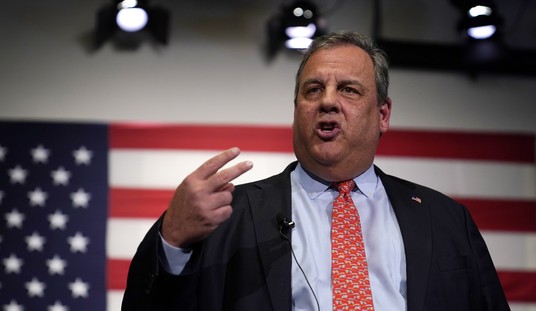
Join the conversation as a VIP Member